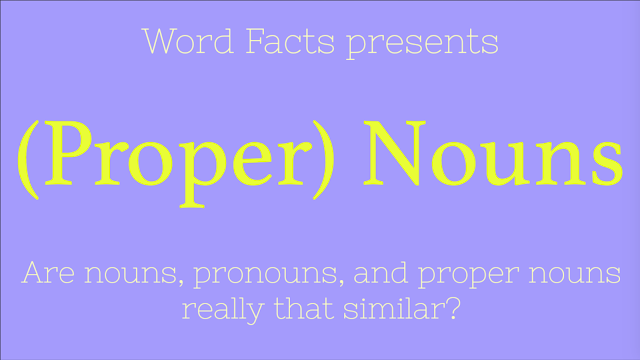1238: I Forget/-got What to Call This Apr 30, 2018
It is not uncommon to forget a word at all, but we have some interesting ways of phrasing that; if you want to learn about Tip of the Tongue, check the link . The question today is, what should the tenses be with "I forget/-got what it is/was called". For the same reason that English teachers tend to dislike the use of the past tense in essays, logically it ought to be 'forget' since the act the speaker is describing is, presumably, in the present, and moreover, if what is being forgotten is the name for a proper noun or otherwise something specific, then it still would be called it in the present too. With all that being said, it would stand that the only sensible option would be to say "I forget what it is called", but this is not always the case, in some form or another. One explanation for this is that the speaker will be thinking back to the time of remembering the name for whatever is in question and will use 'was'. Looking at the reasons fo


